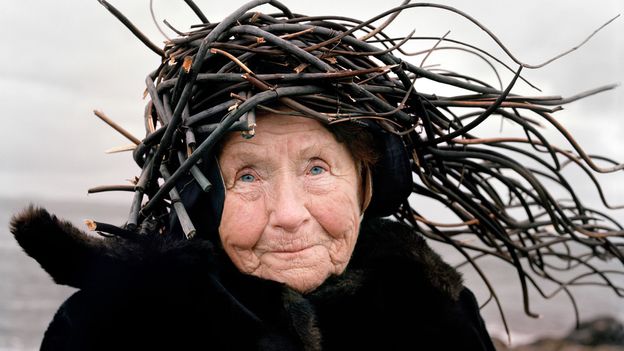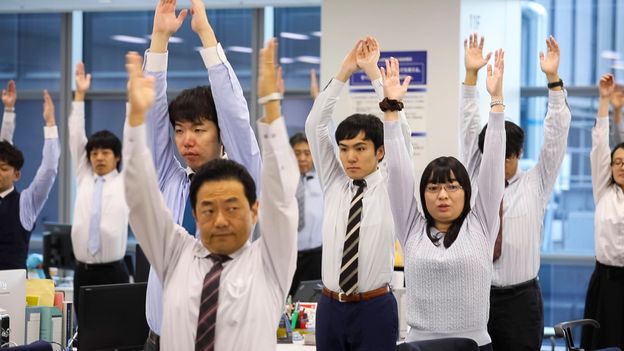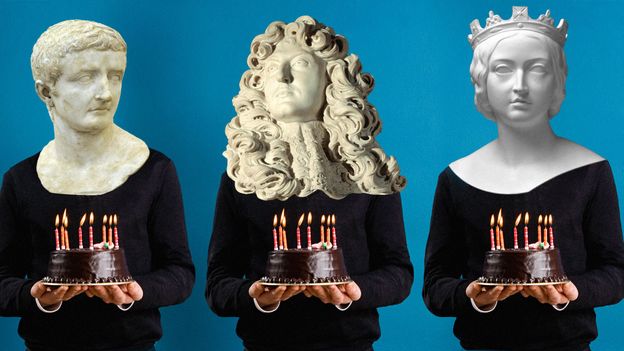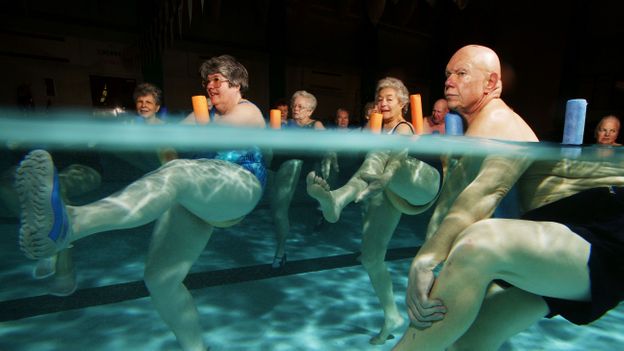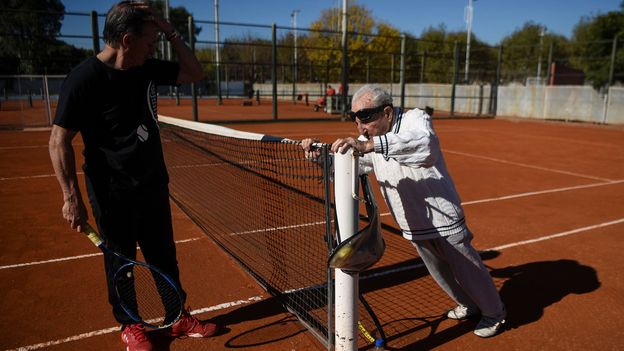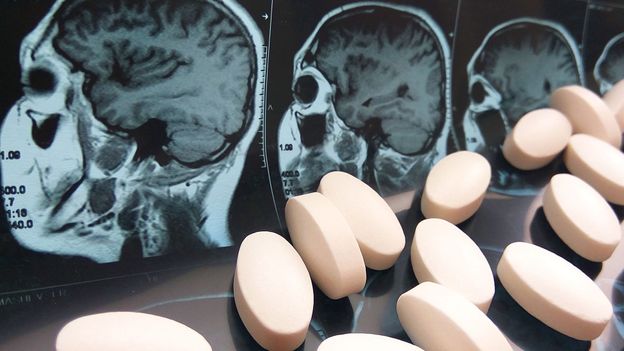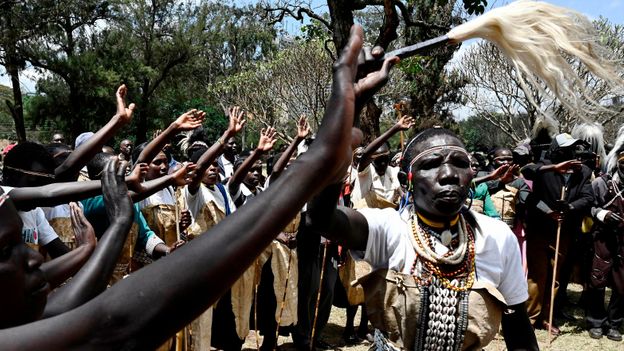The benefits of the Okinawan Diet may not end with its calorie restriction.
Solon-Biet has conducted a series of studies examining the influence of dietary composition (rather than sheer quantity) on ageing in animals, and her team has consistently found that a high-carb, low-protein diet extends the lifespan of various species, with her most recent study showing that it reduces some of the signs of ageing in the brain. Amazingly, they have found that the optimum ratio is 10 parts carb to one part protein – the same as the so-called Okinawan Ratio.
Although there aren’t yet any controlled clinical trials in humans, Solon-Biet cites epidemiological work across the world that all point to similar conclusions. “Other long-lived populations have also been shown to have dietary patterns that include relatively low amounts of protein,” she says. “These include the Kitavans, [who live on] a small island in Papua New Guinea, the South American Tsimane people and populations that consume the Mediterranean diet.”
Once again, the exact mechanisms are murky. Like calorie restriction, the low protein diets seem to promote the cell repair and maintenance. Karen Ryan, a nutritional biologist at the University of California, Davis, points out that the scarcity of amino acids can encourage cells to recycle old material (rather than synthesising new proteins).
“Together, these changes may prevent the ageing-associated accumulation of damaged proteins within cells,” she says. This build-up of damaged proteins may usually be responsible for many diseases, she says – but the regular clean up when we eat a low-protein diet could prevent it.
So should we all start adopting the Okinawan Diet? Not quite. Ryan points to some evidence that low protein intake may limit bodily damage up to the age of 65, but you may then benefit from increasing your protein intake after that point. “Optimal nutrition is expected to vary across the life history,” she says. And it’s also worth noting one study, which found that the relative merits of protein and carbohydrates may depend on the protein’s source: a diet higher in plant-based protein appears to be better than a diet rich in meat or dairy, for instance. So the Okinawans may be living longer due to the fact that they are eating (mostly) fruit and vegetables, rather than its high carb, low protein content.
Ultimately, the Okinawans’ health is probably due to a lucky confluence of many factors, Ryan says. “And specific interactions among these factors will also be important.” And we may need many more years of research to understand the importance of each of those ingredients before we finally come up with a true recipe for the “elixir of youth”.
David Robson is a senior journalist at BBC Future. He is @d_a_robson on Twitter.
Join 900,000+ Future fans by liking us on Facebook, or follow us on Twitter or Instagram.
If you liked this story, sign up for the weekly bbc.com features newsletter, called “If You Only Read 6 Things This Week”. A handpicked selection of stories from BBC Future, Culture, Capital, and Travel, delivered to your inbox every Friday.



